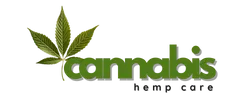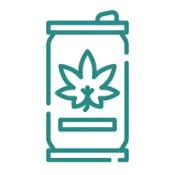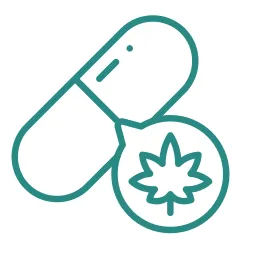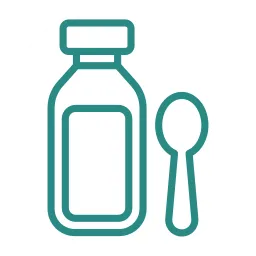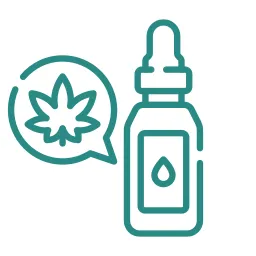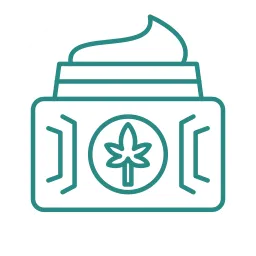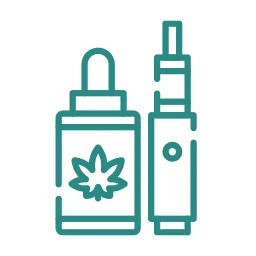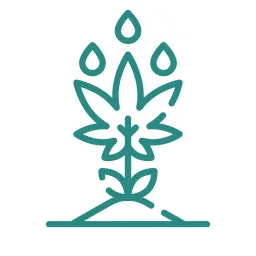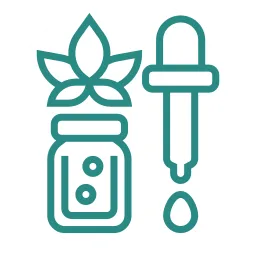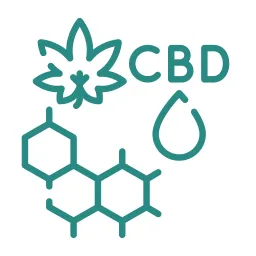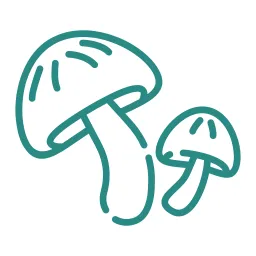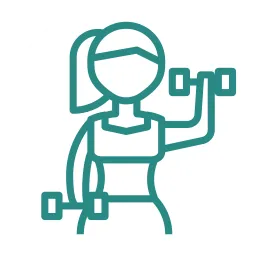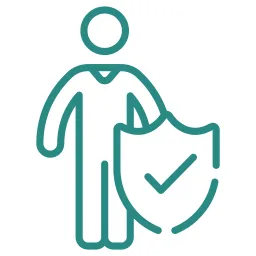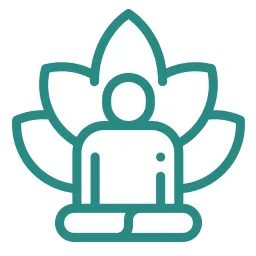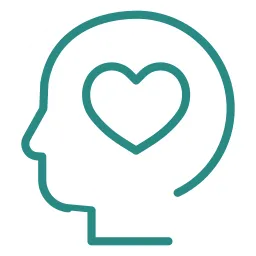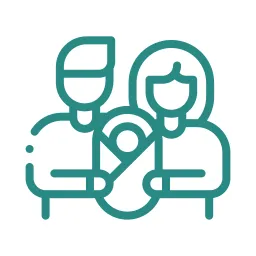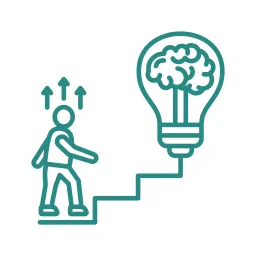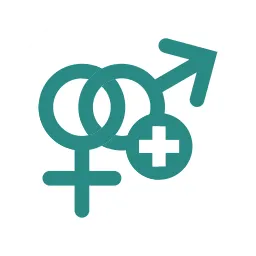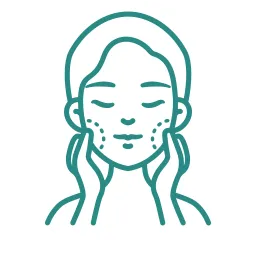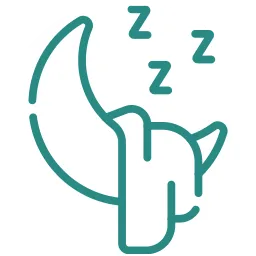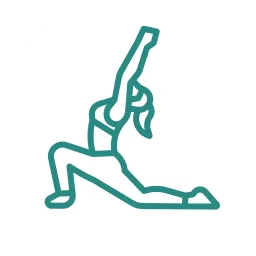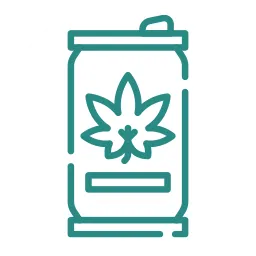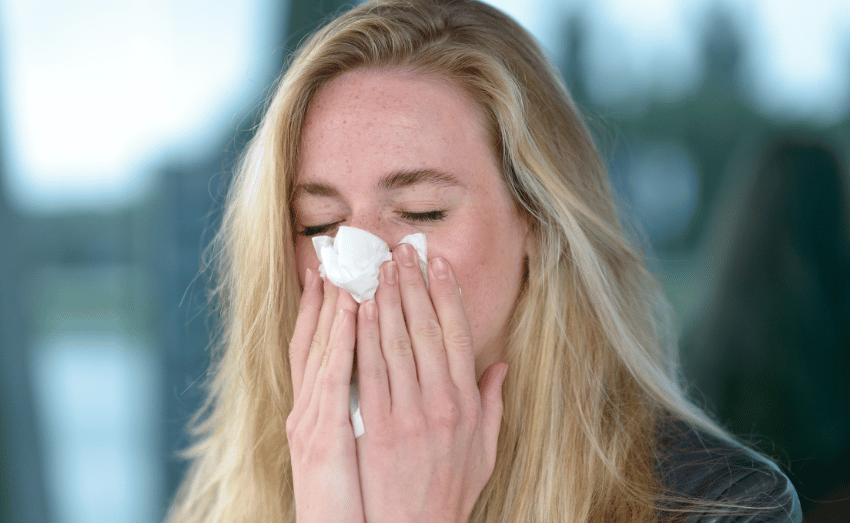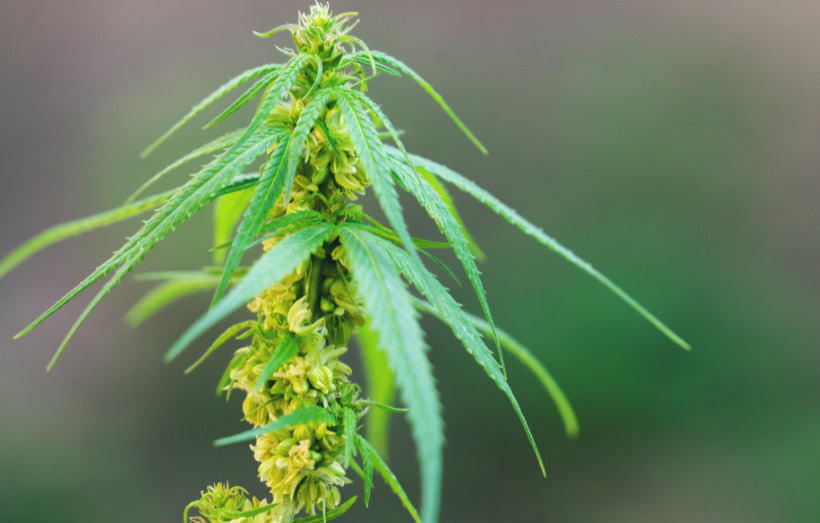Hay fever can be triggered by seasonal allergens such as pollen and grass, as well as year-round allergens such as dust mites and animal fur. It is not caused by a virus in the same way that the common cold is. Instead, it’s an allergic reaction to specific triggers that the body misidentifies as harmful despite the fact that they’re normally safe.1
Understanding Hay Fever
Hay fever, also known as allergic rhinitis, is a physiological response that occurs when an individual’s nasal or ocular surfaces come into contact with allergenic chemicals to which they have developed sensitivity. Exposure to elements such as pollen, dust mites, molds, and animal dander can instigate an immune reaction in susceptible individuals, resulting in rhinitis characterized by nasal mucosal swelling and inflammation.2
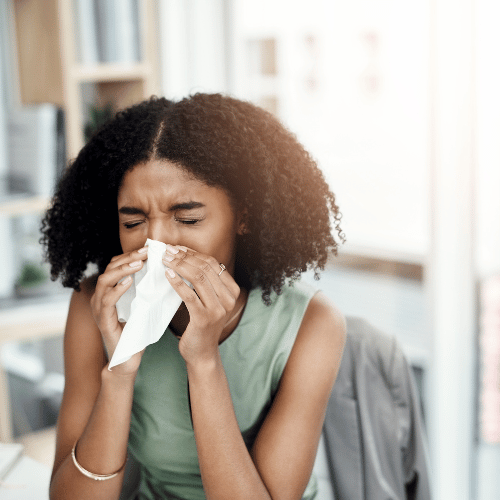
How Is Hay Fever Treated?
Hay fever is when your body reacts too strongly to certain things. Depending on your allergies and how bad your symptoms are, several methods can help:
Allergen Avoidance:
- Recognize and distance yourself from the culprits causing your symptoms.
- If total avoidance isn’t feasible, reduce contact with them.
2. Medicinal Approaches:
- For mild hay fever, basic store-bought medicines could suffice.
- More pronounced symptoms might need doctor-prescribed treatments. It’s not unusual to require a mix of medicines. Exploring different combinations might be necessary.
3. Key Medicines:
- Nasal Sprays: Combat symptoms like blocked noses or itchiness. Examples: Flonase, Rhinocort, Nasacort, and Nasonex.
- Antihistamines: Target a chemical (histamine) your body releases when it overreacts. They help with symptoms like itching and sneezing but are less effective for blockages.
4. Immunotherapy:
- For intense allergies, this method retrains your body to respond differently. It involves regular shots.
- Two primary types exist drops under your tongue (sublingual) and injections into the skin (Subcutaneous).
5. Personal Care Techniques:
- Clean your nostrils to clear out allergens.
- Use a mask when outdoor allergens are high.
6. Dietary Adjustments:
- Some foods can temper reactions. Consider adding onions, peppers, berries, and parsley.
- Integrate Vitamin C, which curbs overreactions, and Omega-3-rich foods like salmon and tuna.3
Always consult the advice of a healthcare professional before starting any treatment to ensure that it works for you.
To answer this question:
Hay fever is treated through allergen avoidance, medications like nasal sprays and antihistamines, immunotherapy, and dietary adjustments, always under the guidance of a healthcare professional.
Common Triggers
Hay fever, commonly termed “allergic rhinitis,” may manifest perennially or show seasonal variations.
The most common triggers for hay fever are outdoor and indoor allergens, which include:
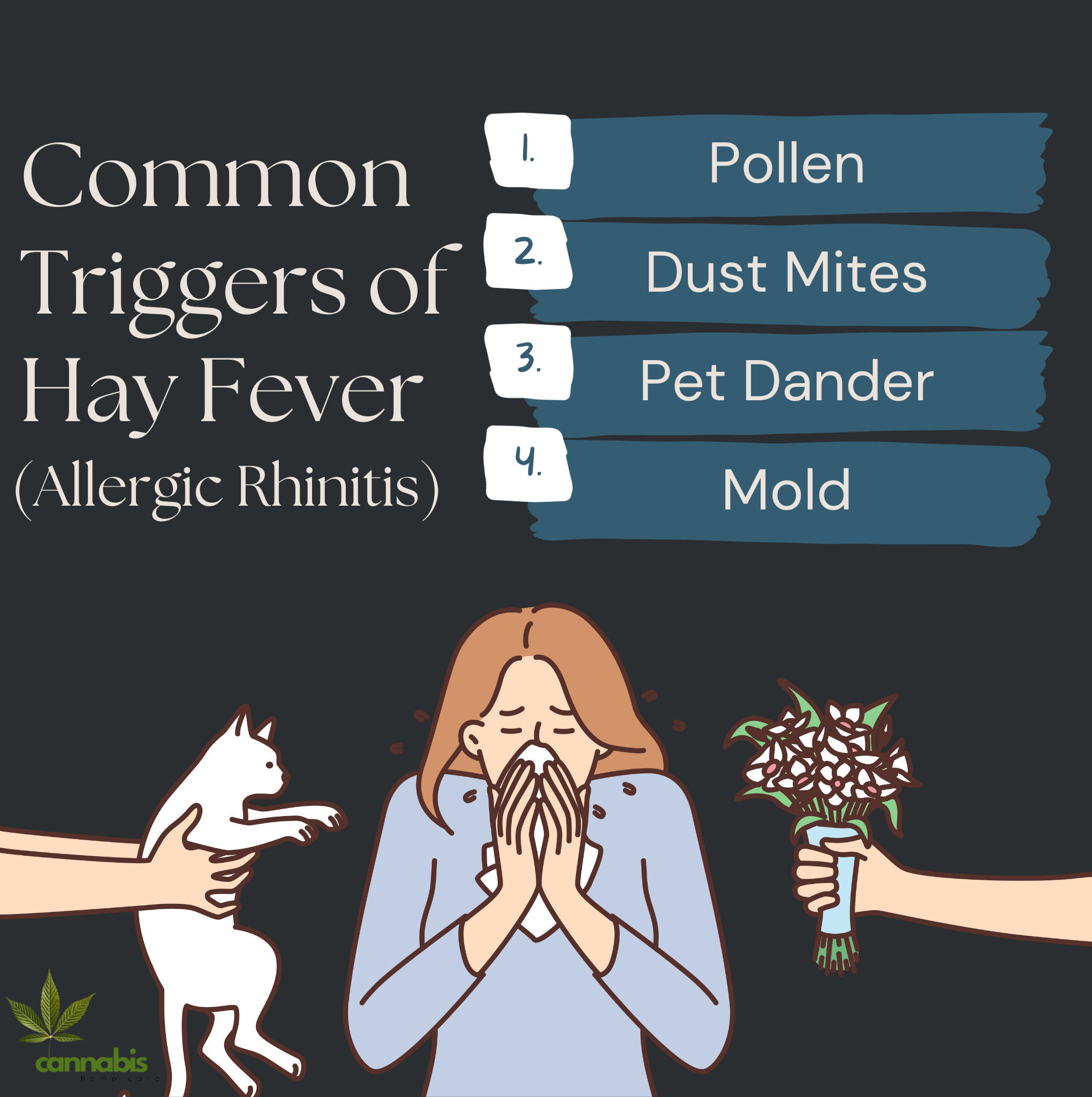
- Pollen: A prevalent allergen with tree variants in early spring, grass in late spring to summer, and ragweed in autumn.
- Dust Mites: Minuscule entities frequently instigate allergic reactions.
- Pet Dander: Minute skin particles shed by furred or feathered animals.
- Mold: Sporulation from indoor and outdoor fungi, acting as both cyclical and continuous stimulants.
When you know what these primary triggers are, it’s easier to come up with effective ways to treat allergic rhinitis.4
Symptoms
Hay fever can show up in many different ways. These symptoms not only affect a person’s health, but they can also make it hard for them to do the things they need to do every day.
- Runny Nose: An incessant flow of clear fluid, a reaction to the allergens in the environment.
- Itchy Eyes: A bothersome sensation leading to an urge to rub the eyes; often a result of allergens contacting the eye surface.5
- Congestion: Swelling of the nasal passages leading to difficulty in breathing.
- Sneezing: Sudden, forceful ejections of air through the nose and mouth; a direct immune response to clear allergens.
- Sinus Pressure: A feeling of fullness or tightness in the face, especially around the forehead, nose, and cheeks.
- Extreme Tiredness: This is often due to the body’s energy being diverted to fight off allergens, leading to fatigue.
These symptoms can have a profound effect on a person’s work and school life, making it hard to get things done and think clearly. But with focused interventions and procedures, these symptoms can be kept under control, allowing people to go about their daily lives with minimal disruption.
It’s very important to find and treat hay fever signs right away. With the right medical advice and help, a person can stay in the best shape and be as useful as possible.
When to Seek Help
If you have hay fever symptoms, Consultation with a healthcare expert is recommended if you are not responding to normal over-the-counter medicines or if these symptoms interfere with your daily functioning. They have the knowledge to identify the exact hay fever that is causing your triggers and can prescribe suitable treatment options.

Final words
Hay fever, or allergic rhinitis, happens when the body overreacts to things that are usually safe. This condition can make it hard to do daily things because it causes symptoms like stuffy noses and increased tiredness.
But the first step to managing it well is to understand what triggers it and how it shows up. There are medical and non-medical ways to treat its signs, but the best way to get help is to talk to a healthcare professional. This makes sure that an appropriate and effective approach is used, which leads to a better quality of life despite the problems caused by allergic reactions.
FAQs
Sources
- Mayo Clinic. “Hay Fever – Symptoms and Causes.” Mayo Clinic, 2019, www.mayoclinic.org/diseases-conditions/hay-fever/symptoms-causes/syc-20373039. Accessed 3 Oct. 2023. ↩︎
- Australia, Healthdirect. “Hay Fever (Allergic Rhinitis).” Www.healthdirect.gov.au, 11 June 2021, www.healthdirect.gov.au/hay-fever#:~:text=Hay%20fever%20(allergic%20rhinitis)%20is. Accessed 3 Oct. 2023. ↩︎
- “Hay Fever: Symptoms, Causes, and Treatment.” Allergyasthmanetwork.org, allergyasthmanetwork.org/news/hay-fever-causes-treatment/. Accessed 3 Oct. 2023. ↩︎
- “Hay Fever Symptoms: Triggers, Complications, and Treatment.” Healthline, 27 Oct. 2014, www.healthline.com/health/hay-fever-symptoms#triggers. Accessed 3 Oct. 2023. ↩︎
- “Hay Fever – Diagnosis and Treatment – Mayo Clinic.” Www.mayoclinic.org, www.mayoclinic.org/diseases-conditions/hay-fever/diagnosis-treatment/drc-20373045. Accessed 3 Oct. 2023. ↩︎
